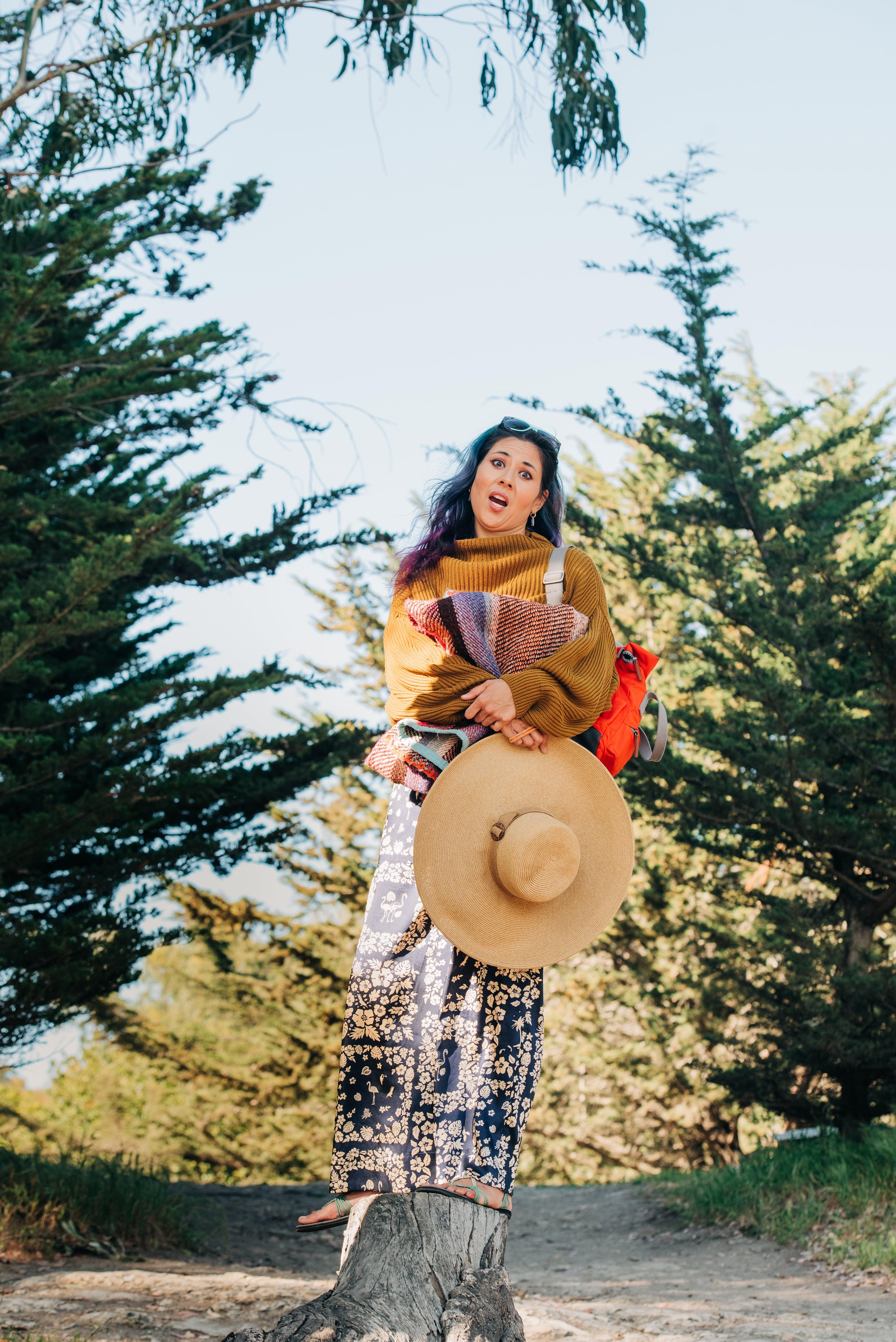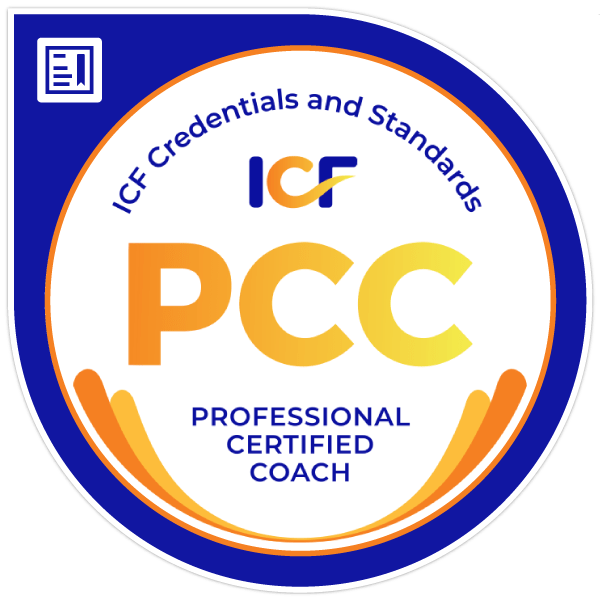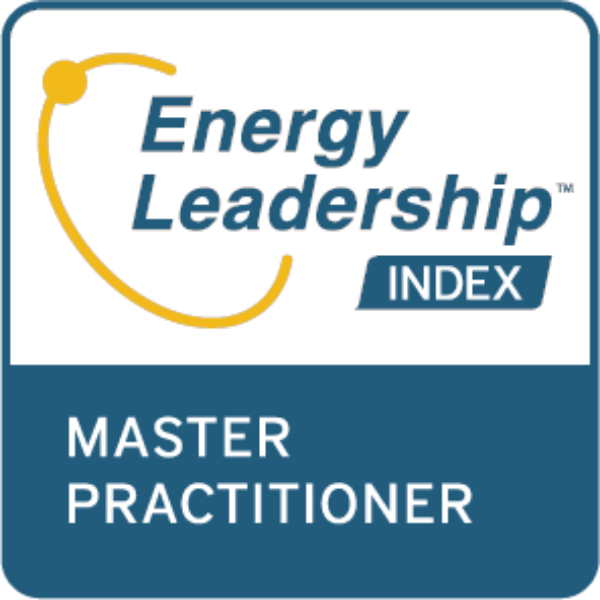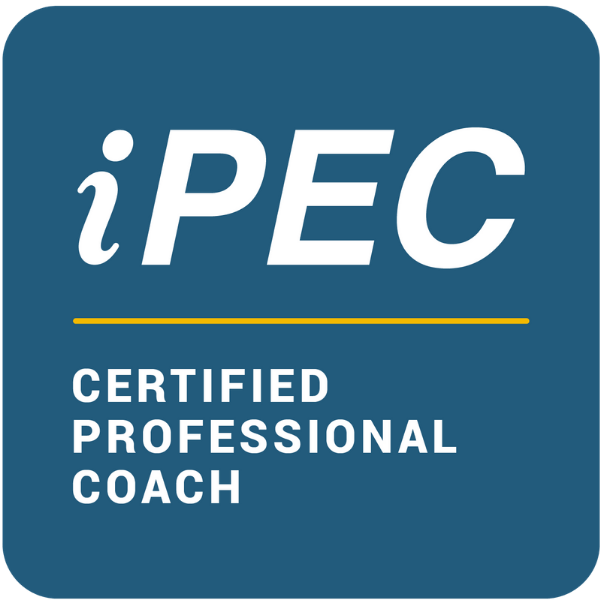SHOW NOTES from Episode 8 of Wayfinding Wisdom. Click here to listen.
Welcome wonderful humans.
You’re listening to Wayfinding Wisdom – the micro podcast where each week we offer up 10-20 minutes of stories & strategies to help you navigate the complex waters of modern-day life with intention & confidence.
I’m Alice Chen – coach, experience designer, and fellow wayfinder, and it’s been beautiful to be in conversation with people from different walks of life in different places around the world these last couple of weeks about how they are relating to this idea of wayfinding – what it looks like for them to engage in the practices of inquiry, experimentation, collaboration, & learning, where they are feeling tensions & experiencing more ease, what questions they are grappling with.
I’m truly grateful for all of the wonderful dialogue, so please keep it coming; it’s delightful & thought-provoking and exactly what this podcast is intended to spark.
One theme I noticed across all of my conversations is how vulnerable it often feels for us to be in a space of “not knowing” in our lives because we’ve all been so deeply conditioned to think that “not knowing” is a “bad” thing or something to fear.
And yet, so much of wayfinding is about the unknown: How do we recognize it? Embrace it? Walk into & through it?
In this episode, we’ll talk about the vulnerability of not knowing and where that comes from and being compassionate about our own social conditioning is necessary and important as we learn how to relate to the unknown differently in our lives.
I’ve been sitting with this idea of “knowing” and “not knowing” lately, and a few weeks ago I found myself contemplating some of my own memories of “not knowing” in my life. One felt particularly poignant to me.
I remember being in second grade and my best friend who was dyslexic was asked to read some passages aloud from her seat to the class. She stumbled over the words as she read until finally the teacher cut her off and said, “You must need more motivation,” then she made her stand at the front of the classroom in front of everyone and try and read.
It was awful. My friend teared up and started stuttering and couldn’t read a single word.
The teacher made no move to understand her experience, to encourage or support her. She just gave her a look that suggested she was stupid and told her to sit down and “work harder.”
I recently asked a couple of my clients & friends:
- What are some memories of “not knowing” do you have?
- What are some of the explicit & implicit messages you’ve received over the years about what it means to not know something?
Here are some things that they shared:
“I have a vivid memory of being in elementary school and being asked to do a math problem on the board and getting up to do it and realizing I had no idea where to start and feeling everyone’s gaze on me. I felt so embarrassed. The teacher saw how red I was turning and told me to sit down, then called on someone else to solve the problem. I felt so stupid. I work really hard not to have people’s eyes on me when I don’t know things.”
“I was speaking in front of a large audience at a tech conference, giving a presentation on business analytics. I clicked to the next slide in my presentation and for whatever reason I drew a blank about what to say and was silent for what felt like an eternity. Turns out in watching the video afterwards, it was only like 5 seconds, but still, it felt neverending. Finally, I found some words and started talking and was able to find a flow again. But my stomach was knotted the whole time and afterwards I went to the bathroom and threw up. At the meet and greet afterwards, many people came up to me about the presentation. I counted how many times people commented or asked questions about the content vs. how many times they drew attention to my momentary silence & awkwardness. It was about a 1:5 ratio. Sure there was some jest involved, but it made me think – out of 60 minutes of really knowing something, people remembered the 5 seconds where I was stuck. That’s gotta change.”
“I was at a race equity conference a couple of years ago and sharing about some of the challenges I’ve faced as a mixed race Samoan-American woman, and after I shared, a member of the affinity space I was in asked: Have you considered the privilege you might carry because your mixed race features and your body image more closely align you to Western standards of beauty? All the heat rushed to my face because I hadn’t actually thought of my experiences at this intersection, and I didn’t have an answer. I felt so stupid. I’m a race equity practitioner. I know about intersectionality. I teach about it to others, but I honestly I just hadn’t thought about this dimension. I didn’t know how to respond, but I felt like I was about to get judged and found wanting. I stood there gulping like a fish, no sound coming out of my mouth.”
You know, I asked 10 people and not a single one immediately shared a story of “not knowing” that had a positive connotation.
Instead, their stories (like the one I shared initially) associated not knowing with things like:
- Public embarrassment
- Withdrawal of support
- Physical illness & pain
- Judgment
- Shame & blame
- Loss of credibility & opportunity
Heavy stuff. No wonder we skitter back from the edge of not knowing. We’ve been deeply conditioned to.
A friend recently said to me, “No teacher of mine ever said to me: “You don’t know? Congratulations! That’s fantastic!”
Instead, our systems often socialize us from a young age to fear the unknown and to think we must know. And we’ve learned to live & respond from that place.
When we start to feel like we don’t know something, we clam up, avoid it, pretend we do know, throw up a persona so that no one questions whether we are in the know, get busy trying to figure out and communicate an answer even when we don’t have one.
I think back to the experience I witnessed in second grade with my dyslexic friend. I was mildly dyslexic as well, and I remember watching the teacher shame her and thinking to myself, “No ma’am, I will do whatever I have to so that’s never me.”
“do whatever it takes to avoid not knowing” armor for quite a long time in my life – in school, in jobs, in relationships – I spent a lot of time, effort, & energy trying to know and control things that I didn’t know and couldn’t control because it felt so risky not to know.
I see so many of us doing this – turning away from the not knowing in an attempt to stave off risk and negative consequences. So much time. So much energy. So much fear. So many attempts to avoid or control the not knowing rather than get curious about it and explore our way through it. So much stress. Not that great results or results that are kind of status quo.
No judgment here whatsoever. If you see yourself in this, it’s okay. Really it is.
You are not a bad person. You have not failed.
Seeing yourself at the edge of your known world armor up, focused on looking good, pretending like you’ve got it together when you don’t…I see myself in that too.
And this is why self-compassion is so critical in wayfinding. Being kind to yourself as you experience and learn to be with the unknown and sometimes find that hard is an important part of the journey.
My father believed in knowing…or perhaps he was afraid of what it might mean for me in the world if I went around not knowing. Maybe both.
Each time I was struggling with something in school and asked for his help, he’d say some variation of:
“You don’t know this? You think anyone is going to care if you don’t know? You think anyone is going to help you figure it out if you don’t know? You’re on your own.”
And then he either wouldn’t help me or he’d make the help he offered so painful that I’d be even more hesitant to ask him for support in the future.
Growing up, not knowing was indeed very risky. The things that lived on the other side of it weren’t things I enjoyed. Each time I say “I don’t know” or ask for help, this experience, and countless others from my past echo in my body and mind. And this is unpleasant and uncomfortable.
And so, in the end, I’m not here to tell you that not knowing doesn’t carry its risks. Or that embracing the not knowing in your life will make your life a cakewalk. Or that you won’t have to grapple with discomfort along the way. Or that there won’t be negative consequences at some point.
Particularly in the world as it is with all of its deeply socialized negative conditioning around not knowing, it’s not unreasonable to assume that at some point somewhere on your journey, someone will have an opinion about your not knowing and negatively judge it.
I don’t think you’d be living on this planet if that wasn’t the case.
AND, at the same time, if we let our social conditioning run on autopilot without questioning and unpacking it, we often find ourselves on a moving walkway away from exploration & discovery…away from wayfinding…
Away from leaning into complexity & aliveness.
Away from charting a course that feels intentional, contextual, and uniquely ours.
Away from the fullest expression of who we are and the offering of our unique gifts to the world.
Away from healing the systems & structures that keep us small & disconnected from the true interconnectedness of life.
When we default into turning away and avoiding the unknown or trying to work around it because we’ve been conditioned to and are scared to reckon with that and explore beyond it, we miss the opportunity to discover answers and create possibilities that lie beyond the status quo.
Our lives are smaller. We are smaller. As individuals and as a collective.
How many possibilities I didn’t explore, how many opportunities I didn’t take, how many chances I didn’t take in my life because I heard my father’s voice, my teachers’ voices, the world’s cacophony in my head telling me I needed to know…and I either believed them or was too unconscious to question them?
So many.
Ultimately, I don’t blame my father, my teachers, society for this – I can see that they are all the product of a world in which not knowing is shunned – that in many ways, what they passed on to me is bigger than them, even as they play a role in that passing on.
And, at the same time, I’m not willing to live like this – I’m not willing to let these voices become the drivers of my experience for the next 5-6 decades. No way.
Not being willing to live in the status quo – that’s part of my role in all of this.
In addition to inquiring about their memories of not knowing, I also asked my friends & clients: What do you see as the power of not knowing in your life?
And here’s a smattering of what I heard:
“The most surprising and delightful things in my life always started from a place of not knowing.”
“As an artist, it’s scary for me to live in the unknown, and I can also see that that’s where my most creative ideas get birthed.”
“I’ve found the deepest connection with others, especially working on really hard, challenging social problems, when we’ve started together from this place of being able to say “We really don’t know the answer here. We have to learn and discover it together.”
“When I give myself permission to not know, I feel such relief. And then I can have fun. I feel kind of guilty saying this, but I want to lead a fun life, so I’m trying not to know a lot more these days.”
I don’t know about you, but I want to live in a world where not knowing is normalized. Where exploration and discovery and iteration are expected & embraced and we are individually & collectively oriented towards being & engaging in the unfolding vs. always in state of trying to plan & control our way forward.
I want to live in a world of wayfinders where wayfinding isn’t radical or revolutionary but just part of how we do life.
And while I alone can’t make that happen, how I, how you, how we individually live our lives play a role in rolling up to that world.
So I’m committed to being brave in the space of not knowing despite the risks and the discomfort that not knowing carries, and I’m here to invite you into that space as well.
I’ll leave you with some reflection questions for your journey – and you can find these on my Instagram @wayfindingwisdom as well:
- What if you were willing to take up the real & perceived risks of not knowing things in your life for the rewards of discovery?
- What if you practiced turning towards the not knowing in your life?
- What if you practiced normalizing not knowing in your life?
- What if you practiced seeing not knowing as an invitation to exploration & play?
- What if you practiced saying to yourself what my friend’s teacher never heard and what my dad never said to me? “You don’t know? That’s fantastic! Let’s work with that together!”
Not knowing and being able to be with the not knowing are important elements of wayfinding.
And I’d love to hear what you are learning & discovering as you are “with” the unknown in your life.
So share by shooting me an email or visiting my Instagram feed @wayfindingwisdom and commenting.
As always, I’ll post some of the content & reflection questions from today’s episode there as well for your ongoing use and reference so check it out, @wayfindingwisdom on Instagram.
And if you enjoyed today’s podcast and want to have it delivered to you every Wednesday morning, head on over to my website to sign up.
Next week I’ll be sharing some concrete actions I take when I hit up against the unknown that help me walk through my fear rather than avoid it, so tune in.
As always, I’m grateful for you and your presence in the world.
Until next time, be well, be brave, be you.
